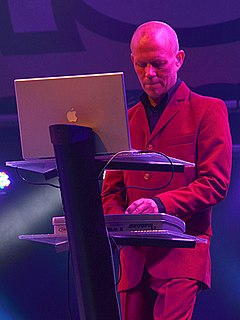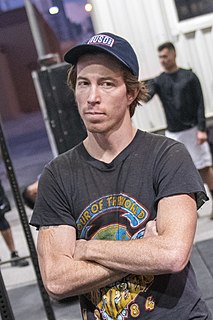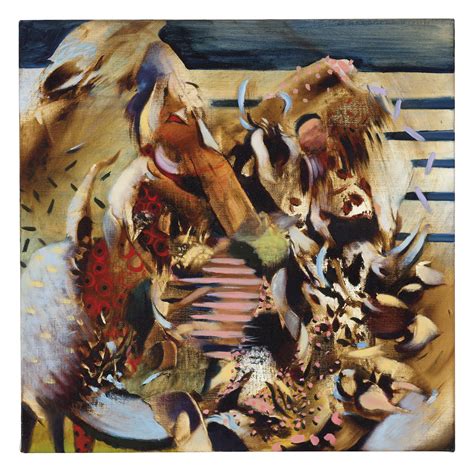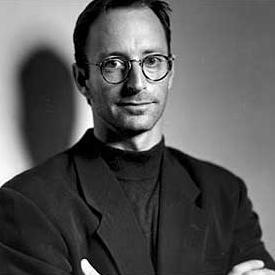A Quote by Mark Zuckerberg
When you think about it, there's no way to input things into a computer. It's all... the holes only go out, right? Like you can plug a keyboard or a mouse in but that's a trick because the computer thinks the inputs are outputs. That's a programmer trick, basically magic. The key to the future is to make holes that go in too.
Related Quotes
Think about the way you go surfing on the Internet - you go from one thing to another. You can't really concentrate. I can't sit and read 10 pages on my computer. You'll read and then all of a sudden part of your brain is like, "What about that? ...You're not reading the whole book. You're reading fragments. Even though I think it's bad, I think it's interesting too, because that's the way my brain works.
Before 'Dilbert,' I tried to become a computer programmer. In the early days of computing, I bought this big, heavy, portable computer for my house. I spent two years nights and weekends trying to write games that I thought I would sell. Turns out I'm not that good a programmer, so that was two years that didn't work out.




































